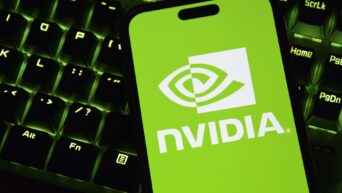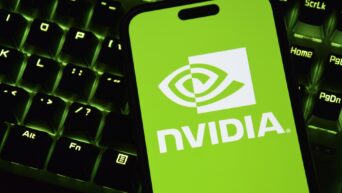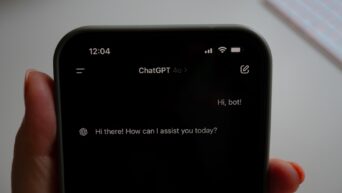
Credit: Shutterstock
A few misplaced pixels, and you’re a phantom.
As facial recognition tech becomes more ubiquitous around the world, it’s easy to feel a little worried. Just by taking a selfie and uploading to Facebook or Twitter, you could be contributing to programs that illicitly grab photos to train their facial recognition AIs. A face is a powerful thing, after all, and it’s pretty lousy to feel unsafe just from putting a picture of yourself somewhere. If you want some peace of mind, all you need is a mask. A digital mask, to be specific.
Software engineers from the University of Chicago’s SAND Lab have developed a new software tool that, with a bit of adjustment, can make any face invisible to facial recognition programs. This program, aptly named “Fawkes” after the Guy Fawkes mask worn by V from V for Vendetta, makes extremely subtle alterations to photos on the pixel level. If you held a normal and cloaked image next to each other, you probably wouldn’t be able to determine any differences with a naked eye. But to a machine, those few scrambled pixels are like trying to see through a smoke screen. Machines parse pixels as ones and zeros; if a pixel can’t be parsed, it can’t see anything. If all pixels are cloaked, you’re faceless.

Credit: SAND Lab, University of Chicago
“It’s about giving individuals agency,” said project co-leader and third-year PhD student Emily Wenger. “We’re not under any delusions that this will solve all privacy violations, and there are probably both technical and legal solutions to help push back on the abuse of this technology. But the purpose of Fawkes is to provide individuals with some power to fight back themselves, because right now, nothing like that exists.”
“In many cases, we do not control all the images of ourselves online; some could be posted from a public source or posted by our friends,” project co-leader and first-year PhD student Shawn Shan said. “In this scenario, Fawkes remains successful when the number of cloaked images outnumber that of uncloaked images. So for users who already have a lot of images online, one way to improve their protection is to release even more images of themselves, all cloaked, to balance out the ratio.”
Wenger and Shan will be presenting a paper about Fawkes’ capabilities at the USENIX Security symposium in September. If you’d like to try Fawkes yourself, you can download it for free at the SAND Lab’s website.
































